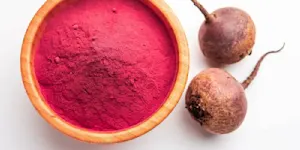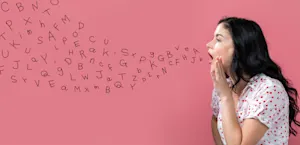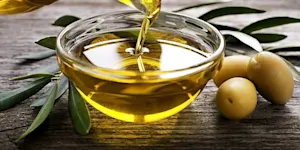What Makes This Word Tick
"Inconspicuous" carries the weight of staying under the radar. It describes something or someone that doesn't catch the eye or stand out in a crowd. It's the linguistic equivalent of donning camouflage — useful but humble.
If Inconspicuous Were a Person...
They'd be the quiet guest at a bustling party, content to soak in the atmosphere from the sidelines. They'd wear muted colors and wouldn't dominate the conversation but would have the most interesting stories once engaged.
How This Word Has Changed Over Time
From its roots, "inconspicuous" has maintained its reserved nature. While trends might come and go in the spotlight, its essence of subtlety never wavers. It remains steady and steadfast, much like a loyal friend in the backdrop.
Old Sayings and Proverbs That Use Inconspicuous
While there's no ancient proverb explicitly featuring "inconspicuous," you might find its spirit in sayings like "fly under the radar" or "still waters run deep," which emphasize quiet resilience and unnoticed depth.
Surprising Facts About Inconspicuous
Did you know "inconspicuous" doesn’t just apply to physical visibility? It can refer to anything that shuns attention, including ideas or trends. Or that in the animal kingdom, some of the most deadly creatures use inconspicuous tactics to survive?
Out and About With This Word
"Inconspicuous" thrives in nature documentaries, subtle art reviews, and spy novels. It's the trusted companion of city planners looking to preserve history while revitalizing skylines and decorators seeking harmony over loud statements.
Pop Culture Moments Where Inconspicuous Was Used
In movies, the true hero or villain might often be the inconspicuous character — the one you didn’t see coming. Think of those silent, mysterious types in classic noir films, whispering truths from the shadows.
The Word in Literature
"Inconspicuous" would feel right at home in mystery novels, where the less noticeable details often hold the key to the entire puzzle. It would blend effortlessly into Jane Austen settings, observing society without causing a stir.
Moments in History with Inconspicuous
During espionage in World War II, inconspicuous was a modus operandi for spies. It was essential to be blend in, unnoticed, while gathering crucial information that could turn the tide of war.
This Word Around the World
In French, you might say "inaperçu"; in German, "unauffällig." Across the globe, cultures cherish the understated, showing that inconspicuous qualities are universally appreciated, sometimes even more so than the boisterous alternative.
Where Does It Come From?
"Inconspicuous" stems from Latin "in-" meaning "not" and "conspicuus," meaning "visible." It’s a straightforward journey from the Roman times where even then, the value of not standing out was recognized.
How People Misuse This Word
Sometimes people say "inconspicuous" when they mean "insignificant." Yet, the former doesn't imply unimportance — just that it's not screaming for attention. There's depth in being inconspicuous.
Words It’s Often Confused With
Invisible: While both imply not being seen, "invisible" is a more absolute absence from view.
Unnoticeable: "Unnoticeable" suggests something that's entirely overlooked, while "inconspicuous" might simply mean not attracting notice.
Obscure: "Obscure" could imply something hard to see or understand, not just blending in.
Additional Synonyms and Antonyms
Synonyms include low-key, subtle, and understated. Antonyms might be conspicuous, obvious, and noticeable. It's a delicate balancing act on the spectrum of visibility.
Want to Try It Out in a Sentence?
"The shy artist preferred to remain inconspicuous at gallery events, enjoying the process more than the praise."
















